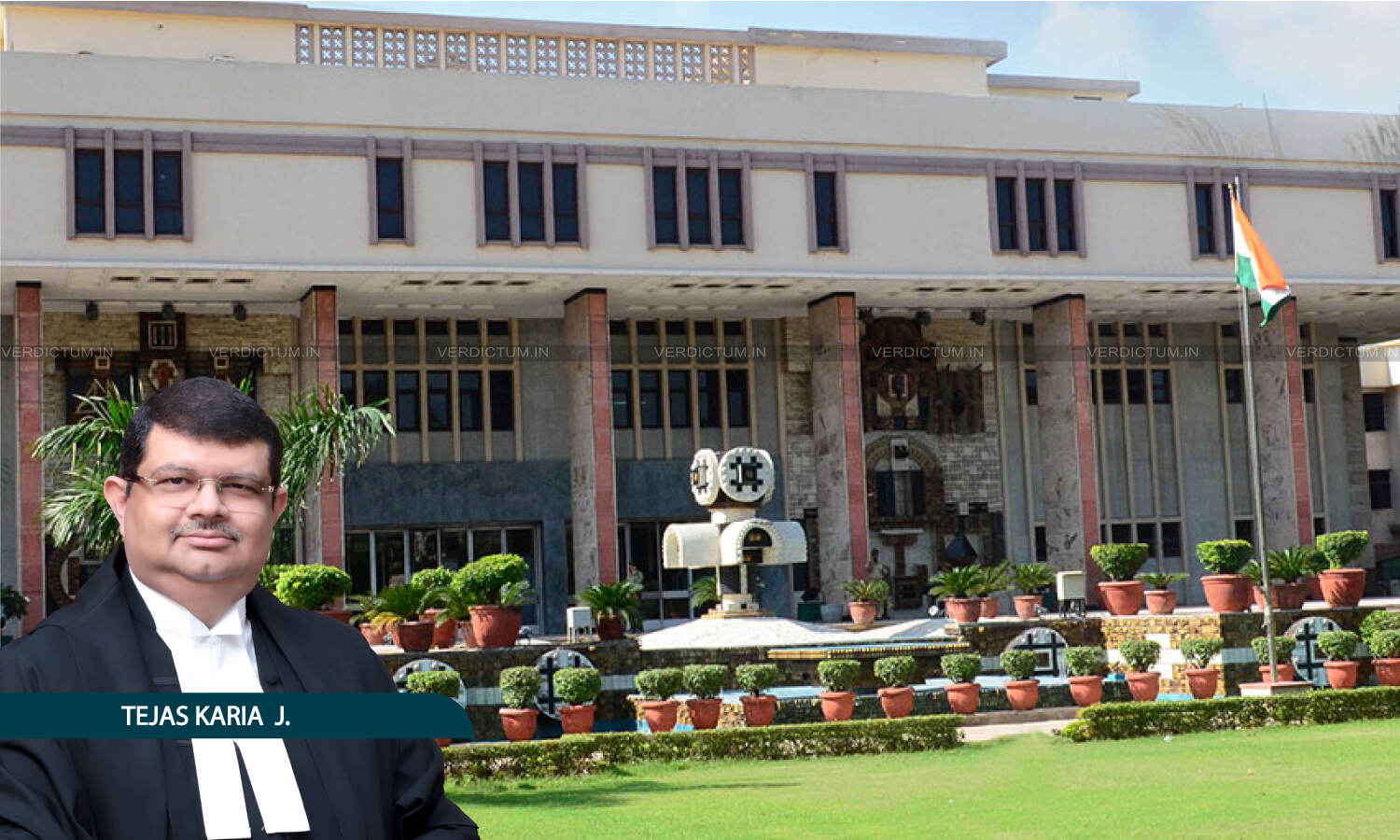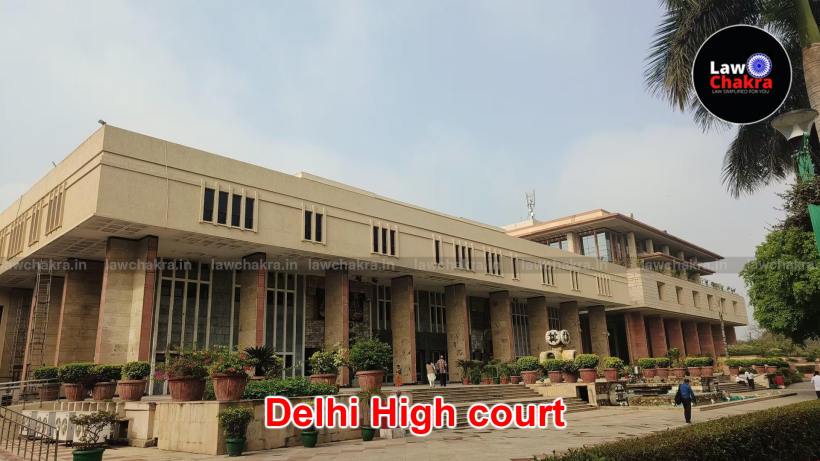Employee Cannot Be Restrained From Undertaking Any Employment In Order To Enforce Negative Covenant In Employment Contract: Delhi High Court

The Delhi High Court observed that an employee cannot be restrained from undertaking any employment in order to enforce the negative covenant in an employment contract.
An appeal was filed by the employee against the order of the trial court for imposing injunction in favour of the Respondent Company restraining the employee from working with the clients or Business Affiliates of the employer until the final disposal of the Suit.
The Bench of Justice Tejas Karia observed, “Under Indian Law, all contracts falling within the terms of Section 27 of the ICA are void unless they fall within the specific exception under Section 27 of the ICA…Hence, the restriction sought to be enforced by the Respondent is clearly in restraint of trade and is void under Section 27 of the ICA”.
Advocate Asav Rajan represented the Appellant, while Advocate Divyakant Lahoti represented the Respondent.
Case Brief
The Appellant (employee) was employed with the Respondent Company as an Associate in the affiliate company of the Respondent Company. There was a Non-Solicitation and Non-Compete Clause in the employment agreement.
The employee, in its Appeal, contended that the Trial Court had erroneously interpreted the provisions of Section 27 of the Indian Contract Act, 1872 (ICA) by applying the principle of reasonableness and permitting partial restraint. Further, Section 27 of the ICA does not recognize the distinction drawn in English Law between partial and absolute restraint. Any agreement that falls within the scope of Section 27 is rendered void, unless it is saved by Exception 1 to Section 27 of the ICA. It was also highlighted that a service covenant that extends beyond the termination of employment is void. The employee joined another company only after serving the notice period and post termination of employment agreement.
It was the contention of the Respondent Company that they had undergone extensive specialized training of the employee, reflecting a considerable investment made by the Respondent Company. It was also submitted that a negative covenant that prevents an employee from engaging in similar line of work or being employed by another competitor in the same line is not considered a restraint of trade unless it is excessively harsh, unreasonable, one-sided, or unconscionable.
Court’s Reasoning
The primary issue before the Court was the validity of the non-solicitation and non-compete clause in the Employment Agreement under Section 27 of the ICA.
“In view of the above, it is clear that any terms of the employment contract that imposes a restriction on right of the employee to get employed post-termination of the contract of employment shall be void being contrary to Section 27 of the ICA”, the Court observed.
Thus, the reasonableness and whether the restraint is partial or complete is not required to be considered at all when an issue arises as to whether a particular term of contract is or is not in restraint of trade, business or profession.
The Delhi High Court observed, “It is settled law that the negative covenant post termination of the employment can be granted only to protect the confidential and proprietary information of the employer or to restrain the employee from soliciting the clients of the employer. However, none of the cases relied upon by the Respondent has held that the employee can be restrained from undertaking any employment in order to enforce the negative covenant.”
Therefore, the Court set aside the order of the Trial Court of imposing injunction on the employee from working with the clients or Business Affiliates of the employer. The Court emphasised that there is no question of any sharing of the confidential information, source code or intellectual property with the other company as the nature of work between the Respondent and the other company was limited to providing the supply of manpower.
Accordingly, the Appeal was allowed.
Cause Title: Varun Tyagi V. Daffodil Software Pvt. Ltd. (Neutral Citation: 2025:DHC:5015)
Appearance:
Appellant: Advocates Asav Rajan, Ajay Sharma, Mayank Biyani, Akash Saxena, Kashish Sharma and Devang Shrodriya
Respondent: Advocates Divyakant Lahoti, Vindhya Mehra, Tanisha Verma, Raghav Saluja and Kartik Lahot




